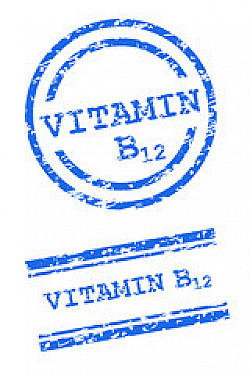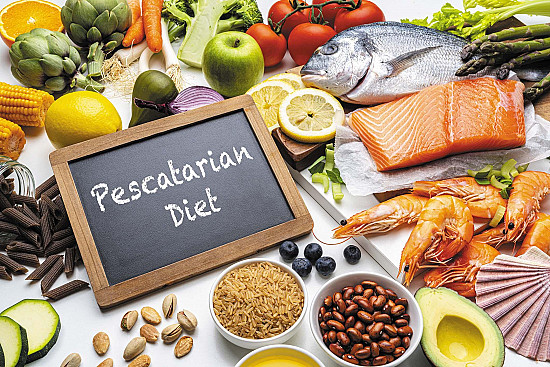Popular no-calorie sweetener may increase hunger
In the journals
- Reviewed by Howard E. LeWine, MD, Chief Medical Editor, Harvard Health Publishing; Editorial Advisory Board Member, Harvard Health Publishing

A no-calorie sweetener might not always help with weight management, says a study published online March 26, 2025, by Nature Metabolism. Researchers examined how sucralose (Splenda) affected 75 adults in three weight categories: healthy, overweight, and obese. Participants attended three sessions during which they drank either a beverage sweetened with sucralose, a beverage sweetened with sucrose (table sugar), or plain water. The researchers used MRI scans before and after participants consumed their beverages to measure blood flow in the hypothalamus, the brain region responsible for regulating appetite. They also rated their hunger before drinking.
Scientists found that over all, people had greater blood flow in the hypothalamus after drinking the sucralose-sweetened beverage compared to plain water or the sugar-sweetened drink. This suggests a stronger hunger-related brain response, indicating increased appetite and cravings, and may explain why those who drank the sucralose-sweetened beverage felt hungrier afterward. Reactions varied by weight groups. People at healthy weights showed a stronger increase in hypothalamus blood flow after drinking the sucralose beverage than the sugared drink or plain water. Those classified as obese showed higher blood flow after drinking either the sucralose or sugared beverages compared to plain water. And those in the overweight category did not show significant differences in blood flow in response to any drink.
Image: © magnez2 /Getty Images
About the Author

Matthew Solan, Former Executive Editor, Harvard Men's Health Watch
About the Reviewer

Howard E. LeWine, MD, Chief Medical Editor, Harvard Health Publishing; Editorial Advisory Board Member, Harvard Health Publishing
Disclaimer:
As a service to our readers, Harvard Health Publishing provides access to our library of archived content. Please note the date of last review or update on all articles.
No content on this site, regardless of date, should ever be used as a substitute for direct medical advice from your doctor or other qualified clinician.
















